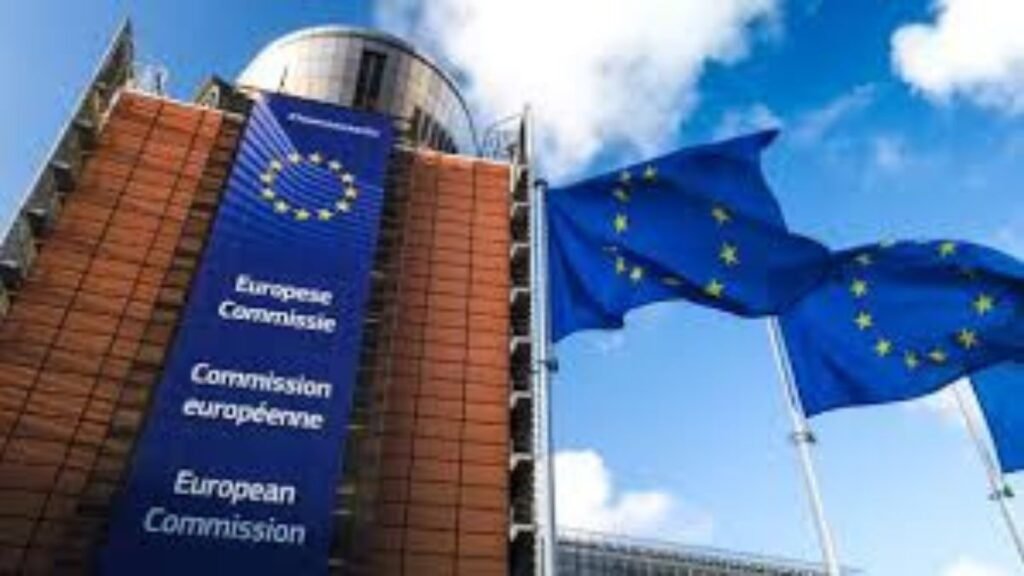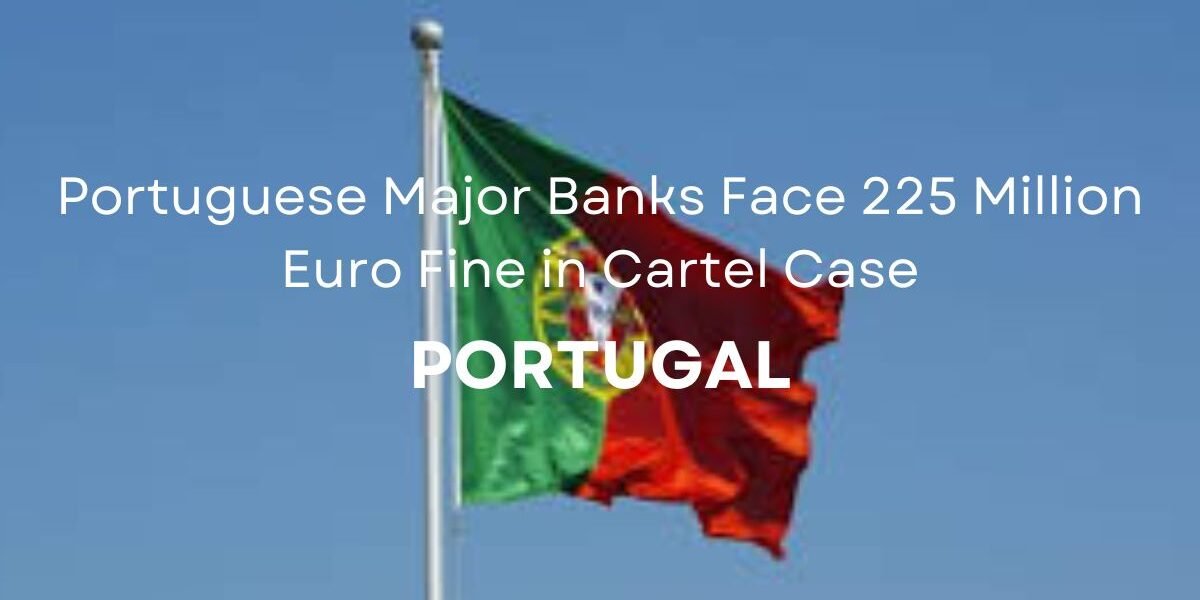The Competition Court in Portugal approved a heavy 225 million euro fine against 12 banks for their participation in a banking cartel today. The banks were accused of collaborating to dictate prices, reduce competition, and ultimately affect customers.
Read More About: Police Command Officer Given 180 Days To Remove All His Tattoos In Braga
Banking Cartel Investigation

The case is known as the Banking Cartel. This case was under investigation for many years. The investigation began more than a decade ago and the inquiry was because some banks were involved in illegal actions between 2002 and 2013.
The banks were exchanging confidential information of the customers on loans and credit products during this time, such as business and housing loans.
The banks did not have to compete with one another by sharing this information. This was affecting the customers because they were not getting better deals on loans.
Judge Mariana Gomes Machado said:
The offence is very serious, since the defendants reduced competition (in the credit market) through a concerted practice
This practice of exchanging confidential information reduced competition and allowed the banks to maintain higher prices for their financial products. As a result, many consumers unknowingly paid more than they should have for loans and other credit products.
Court Confirms 225 Million Euro Fines
The decision of the Competition Court today gave them a serious blow because the banks involved in the case had hoped that the charges would be overturned. The banks had failed to show any sense of judgment about their negative actions that’s why the court upheld the Competition Authority’s decision for years.
The judge, Mariana Gomes Machado, stressed the importance of the crime during her decision. She stated that the bank’s conduct had seriously harmed customers by reducing competition in the credit market.
The court fined the following banks:
- Caixa Geral de Depósitos (CGD): €82 million
- Banco Comercial Português (BCP): €60 million
- Santander Totta: €35.65 million
- BPI: €30 million
- Montepio: €13 million
- BBVA: €2.5 million
- BES: €700,000
- Banco BIC (for actions by BPN): €500,000
- Caixa Central de Crédito Agrícola: €350,000
- União de Créditos Imobiliários: €150,000
Barclays did not get any fines. Barclays was the bank that exposed the cartel by providing information about those actions of banks. They asked for forgiveness that’s why they only got a warning.
This case was important because it shows how big banks’ actions may directly impact ordinary citizens. By working together and exchanging sensitive information, the banks were able to avoid offering low rates to their clients.
Lack Of Remorse From The Banks

Barclays was the only bank that showed guilt for its actions out of all the others. The court noted through the trial that the banks had not shown any sign of responsibility. Also, they did not make any efforts to correct their actions. Rather, they had either tried to reduce their actions or simply denied any involvement.
The authorities explained:
The judge considered that there was a homogeneous degree in the behaviour of the banks in this collusion and that the extent of concerted practices was explicit in the example that CGD received information from Montepio into which it added its data and sent it to BPI”
The judge stressed that the cooperation between the banks was clear using the example of Caixa Geral de Depósitos (CGD). They got sensitive information from Montepio then they added their own data to it.
Finally, they transferred this data to BPI. This kind of action showed how closely the banks were working together to control pricing and avoid competition.
Political Criticism And Future Implications
Politicians have also reacted to the case. Mariana Mortágua, the leader of the Left Bloc, criticized the banks in 2020 for their criminal and abusive practices. She further criticized the Bank of Portugal, saying that the central bank had been pushing for punishments to be reduced in order to protect the bank’s profits.
Rather they should admit the penalty and these illegal activities. Although customers succeeded in their case with today’s decision. The Competition Authority initially issued penalties before the COVID-19.
The first investigation started in the early 2000s. Years later, the penalties have finally been confirmed by the court.
However, the court’s decision makes it clear that price fixing and other anti competitive behavior will not be accepted. And banks must refrain from doing illegal activities against their customers. If the banks decide to go to court to challenge the verdict, there will be more cases.
